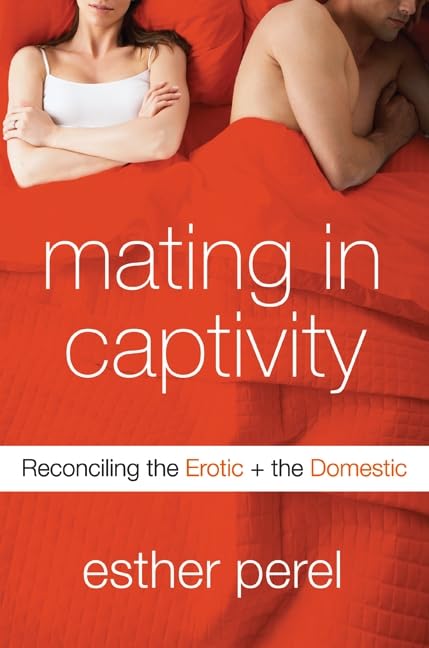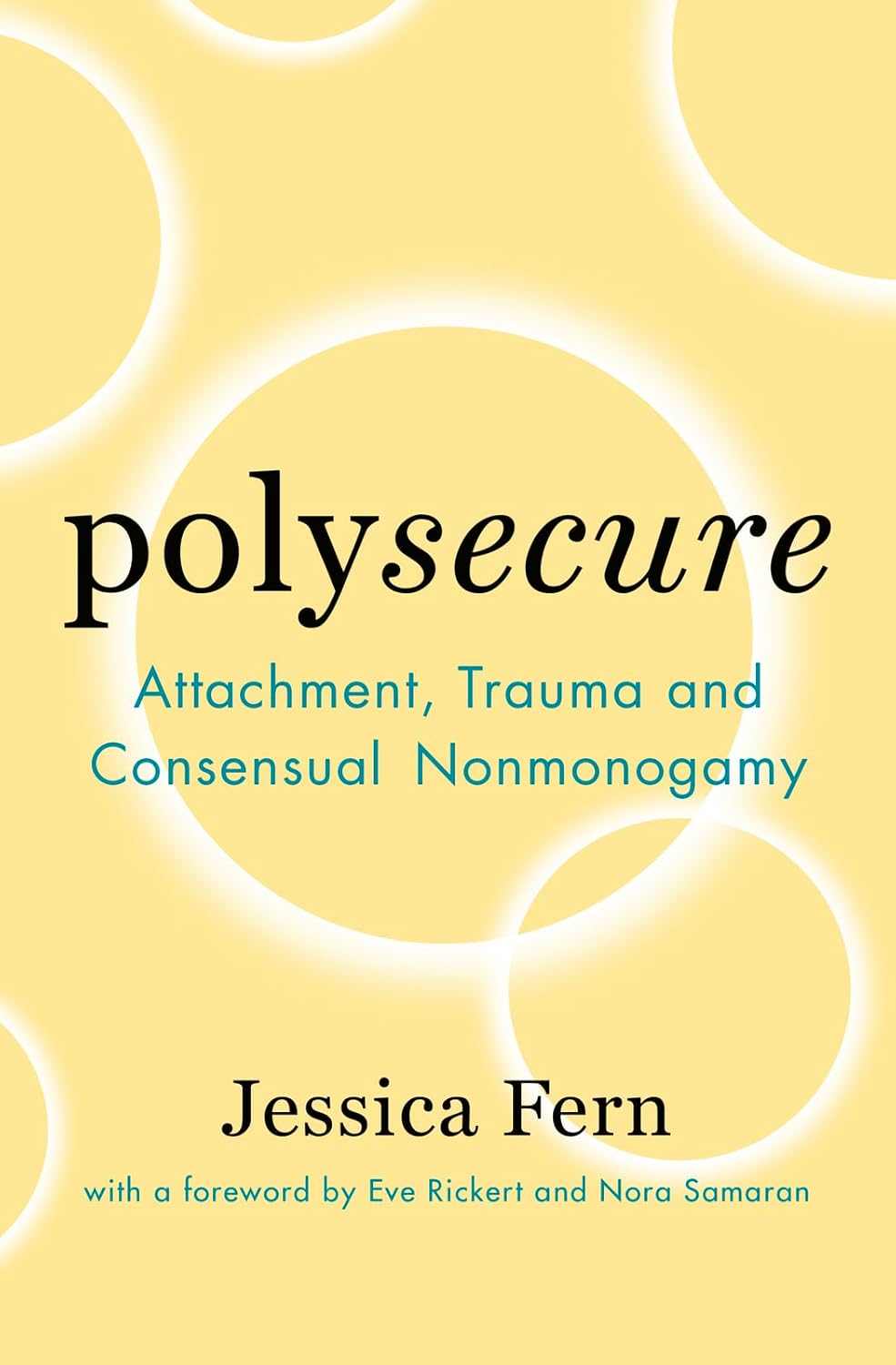
Buy The Book
Chapter
- ✦ 1. Optimize Your Life
- ✦ 2. Invest in Experiences
- ✦ 3. Why Die with Zero?
- ✦ 4. How to Spend Your Money (Without Actually Hitting Zero Before You Die)
- ✦ 5. What About the Kids?
- ✦ 6. Balance Your Life
- ✦ 7. Start to Time-Bucket Your Life
- ✦ 8. Know Your Peak
- ✦ 9. Be Bold – Not Foolish
- ✦ Conclusion: An Impossible Task, a Worthy Goal
Die with Zero: Getting All You Can from Your Money and Your Life

About
Bill Perkins, a successful entrepreneur and hedge fund manager, authored “Die With Zero: Getting All You Can from Your Money and Your Life” in 2020. This provocative book challenges traditional views on wealth accumulation, urging readers to prioritize experiences over leaving behind an inheritance.
In “Die With Zero,” Perkins argues that life is finite and should be lived fully rather than solely saving for the future. He introduces concepts such as the “memory dividend,” emphasizing that investing in experiences brings lasting joy, while hoarding wealth can lead to missed opportunities. Perkins encourages readers to strategically plan their lives and finances to maximize fulfillment, advocating for the idea of dying with little to no money left. He believes this approach not only enriches individual lives but also fosters a healthier relationship with money, ultimately leading to a more satisfying and meaningful existence. The book blends personal stories with actionable advice, compelling readers to rethink their financial priorities and embrace the present.

Spark
Learn
Review
✦ 1. Optimize Your Life
To truly optimize life, the focus should be on maximizing positive experiences rather than merely accumulating wealth. The story of Erin and her husband John illustrates this well; faced with a terminal diagnosis, they prioritized family time over work commitments. This decision led to cherished memories, emphasizing that when life is short, the urgency to enjoy it becomes paramount.
Living on autopilot often results in delaying gratification for an indefinite future, which can lead to missed opportunities. Many people save excessively for retirement, only to find themselves unable to fully enjoy those savings due to declining health or lost opportunities. The key is to recognize that life is finite and that experiences should not be postponed indefinitely.
The concept of “life energy” is central to this discussion. Every dollar earned represents hours spent working, and thus, every expenditure should be viewed as a trade-off for time spent earning that money. Understanding this relationship encourages more thoughtful spending on experiences that enhance life satisfaction.
Moreover, timing plays a critical role in enjoying experiences. Certain activities are best suited for specific life stages; for example, adventurous trips may be more enjoyable in youth than in old age. Therefore, planning experiences according to age and capability can lead to greater fulfillment.
Ultimately, the goal is to live intentionally and maximize enjoyment throughout life. This involves making conscious choices about how to allocate time and resources, ensuring that the focus remains on creating lasting memories rather than simply accumulating wealth. By prioritizing experiences and understanding the value of time, individuals can craft a fulfilling life narrative that emphasizes living fully now rather than deferring happiness for an uncertain future.
✦ 2. Invest in Experiences
Maximizing life’s value hinges on prioritizing experiences early, as they compound into lasting fulfillment. Consider Jason, who borrowed from a loan shark at 25 to backpack across Europe—sleeping in hostels, exploring Prague, bonding over baguettes in Paris. While risky, those months became priceless memories he’d never trade. Waiting until later often means missing out: by 30, hostel bunks lose their charm, and responsibilities multiply. The key isn’t spending recklessly but recognizing that experiences pay “memory dividends.” Every trip, concert, or adventure isn’t just a one-time event—it’s a gift that keeps giving. Reliving moments through stories, photos, or quiet reflection adds layers of joy over decades. Like a financial investment, the earlier you start, the more time these dividends have to grow.
Money spent on experiences isn’t frivolous—it’s strategic. Unlike material goods that depreciate, experiences appreciate emotionally. A vacation isn’t just a week abroad; it’s future nostalgia, shared laughs, and personal growth. Even free experiences—festivals, hikes, game nights—enrich life’s tapestry. Yet too many delay gratification, saving for a future where energy or health may falter. Autopilot spending on daily luxuries (like lattes) often robs us of bigger adventures—a year’s coffee budget could fund a transformative trip.
The goal isn’t to mimic Jason’s risk but to consciously allocate resources toward what amplifies joy. Every choice involves trade-offs: a new gadget versus a weekend getaway, overtime work versus family time. Early investments in experiences also build identity—they’re the stories we recount, the lessons we carry, the person we become. Regret often stems from chances not taken, not money spent. By front-loading adventures while health and curiosity peak, we craft a life where fulfillment isn’t deferred but lived fully, ensuring wealth translates into rich memories, not just numbers in an account.
✦ 3. Why Die with Zero?
Living a fulfilling life requires a shift from merely accumulating wealth to actively enjoying it. The goal is to aim for a state where you die with zero, meaning you should strive to spend your resources on experiences rather than hoarding money for a distant future that may never come. This approach challenges the conventional mindset of saving excessively for retirement, which often leads to regret when individuals realize they have not fully lived.
Consider the case of John, a successful hedge fund manager who amassed billions yet found himself working long hours even after reaching financial security. His story illustrates how the pursuit of wealth can overshadow the enjoyment of life. John’s experience highlights that many people continue to work beyond what is necessary, driven by habits rather than genuine desire. The result is a life spent accumulating wealth without fully engaging in meaningful experiences.
The concept of dying with zero emphasizes the importance of using your financial resources to create memories and experiences throughout life. Many individuals save too much, fearing they will run out of money in old age, but this often leads to an accumulation of wealth that goes unspent. Research shows that as people age, their spending tends to decline, leading to a situation where significant savings remain untouched at the end of life. This not only reflects poor planning but also a failure to maximize the enjoyment derived from those funds.
Moreover, the emotional aspect of spending money on experiences cannot be overlooked. Unlike material possessions that depreciate over time, experiences tend to appreciate in value as they transform into cherished memories. Investing in experiences creates what is termed a “memory dividend,” where recalling these moments brings joy long after the initial event has passed.
Ultimately, the philosophy behind aiming to die with zero encourages individuals to take control of their financial decisions and prioritize living fully in the present. It urges a balance between earning and spending, advocating for deliberate choices that enhance life satisfaction rather than merely accumulating wealth for its own sake. By embracing this mindset, one can lead a richer, more fulfilling life filled with meaningful experiences and memories that last well beyond one’s lifetime.
✦ 4. How to Spend Your Money (Without Actually Hitting Zero Before You Die)
To effectively manage your finances and maximize your life experiences, it’s crucial to adopt a strategy that allows you to enjoy your wealth without leaving excessive amounts behind upon death. The objective is to aim for a state where you die with zero, which means spending your money on meaningful experiences rather than hoarding it for an uncertain future. This philosophy challenges the traditional mindset of saving excessively for retirement, which often leads to regret when individuals realize they haven’t fully lived.
The key is to balance earning and spending throughout your life. Many people fall into the trap of working long hours to accumulate wealth, only to find themselves unable to enjoy it later due to declining health or missed opportunities. Instead of deferring gratification indefinitely, it’s essential to recognize that experiences—whether they are travel, hobbies, or time spent with loved ones—are what enrich life. Investing in these experiences early allows you to reap the emotional dividends they provide over time.
Understanding the concept of “memory dividends” is vital. Unlike material possessions that depreciate, experiences appreciate in value as they transform into cherished memories. By prioritizing experiences over savings, you create a life filled with joy and fulfillment that extends beyond the initial moment of enjoyment.
It’s also important to consider the timing of your experiences. Certain activities are best enjoyed at specific ages, and waiting too long can lead to missed opportunities. Therefore, planning your spending around these peak times enhances overall life satisfaction.
Ultimately, adopting a mindset focused on dying with zero encourages deliberate financial choices that prioritize living fully in the present while still planning for the future. This approach not only maximizes personal happiness but also ensures that the resources you’ve worked hard to earn are utilized in ways that truly matter to you before it’s too late.
✦ 5. What About the Kids?
When considering the question of what to do with wealth in relation to children, the focus shifts to the timing and manner of giving. It’s essential to recognize that while leaving an inheritance may seem beneficial, providing resources to children during one’s lifetime can be far more impactful. This approach allows for shared experiences and memories that strengthen family bonds.
The notion of “what about the kids?” often arises from a desire to ensure their financial security, but it’s crucial to understand that children benefit more from receiving support and guidance when they can actively engage with it. Waiting until after death to distribute wealth can deprive them of the opportunity to enjoy those resources in meaningful ways. Instead, consider gifting assets or funding experiences that can enrich their lives now.
Moreover, the act of giving during one’s lifetime can foster gratitude and responsibility in children. When they receive funds or support while still under your guidance, it allows for discussions about values, priorities, and the importance of spending on experiences rather than material possessions. This proactive approach can help instill a sense of financial wisdom in them.
Another aspect to consider is the potential emotional burden that large inheritances can impose. Sudden wealth can lead to a range of issues, including entitlement or lack of motivation. By distributing resources thoughtfully throughout life, you can mitigate these risks and promote a healthier relationship with money.
Ultimately, the goal is to balance financial support with life experiences. Investing in shared adventures—whether through travel, education, or simply quality time together—creates lasting memories that far outweigh any monetary value left behind. This perspective emphasizes living fully and intentionally, ensuring that both parents and children cherish the moments spent together rather than focusing solely on future inheritances.
✦ 6. Balance Your Life
Finding balance in life is essential for maximizing happiness and fulfillment. It’s crucial to allocate your time and resources wisely, ensuring that you invest in experiences that enrich your life while also being mindful of the time you have left. The challenge lies in recognizing that life is finite, and delaying gratification for too long can lead to missed opportunities.
To achieve this balance, it’s important to identify what truly brings joy and satisfaction. Experiences, whether they are grand adventures or simple moments with loved ones, contribute significantly to overall well-being. By prioritizing these experiences over material possessions, you create a rich tapestry of memories that enhance your life.
Understanding the concept of “time-bucketing” can help in planning your life effectively. This involves categorizing different phases of life and recognizing when certain experiences are best enjoyed. For instance, adventurous activities may be more suitable during youth, while other pursuits can be more fulfilling in later years. By aligning experiences with the right stages of life, you maximize enjoyment and minimize regret.
Additionally, it’s vital to be bold in pursuing what makes you happy. Taking risks can lead to rewarding experiences that contribute to personal growth. However, this doesn’t mean acting recklessly; instead, it’s about making informed decisions that enhance life quality.
Ultimately, living a balanced life means being deliberate about how you spend your time and money. It’s about maximizing positive experiences while minimizing waste—both in terms of resources and time. By consciously choosing how to live each moment, you ensure that your life is not just about survival but about thriving and enjoying the journey fully before reaching its end.
✦ 7. Start to Time-Bucket Your Life
To effectively manage your life and experiences, it’s essential to implement a strategy known as time-bucketing. This involves categorizing different phases of your life and understanding when specific experiences are best enjoyed. By recognizing that certain activities are more suitable at particular ages, you can optimize your enjoyment and fulfillment throughout your lifetime.
Start by identifying key life stages and the experiences that align with them. For instance, adventurous activities like traveling or extreme sports may be more enjoyable in your twenties, while family-oriented experiences might be more meaningful later on. This awareness allows you to prioritize experiences that will bring the most joy at the right time.
The concept of “memory dividends” plays a crucial role in this approach. Experiences create lasting memories that continue to provide joy long after the initial event. By investing in experiences early in life, you ensure a longer period to enjoy these memories, enhancing overall life satisfaction. The earlier you start, the greater the accumulation of these dividends over time.
It’s also important to be intentional about your spending. Rather than defaulting to traditional savings habits, consider how each expenditure aligns with your life goals and desired experiences. This means actively choosing to spend on experiences that enrich your life rather than accumulating wealth for its own sake.
Additionally, recognize that as you age, your ability to enjoy certain activities may diminish. Planning ahead ensures that you don’t miss out on valuable experiences simply because you delayed them for too long.
Ultimately, time-bucketing encourages a proactive approach to life management. By thoughtfully planning how you allocate your time and resources across different life stages, you can maximize enjoyment and fulfillment, ensuring a rich tapestry of experiences that define your life journey.
✦ 8. Know Your Peak
To truly optimize life, understanding your peak experiences is vital. Recognizing when you can derive the most enjoyment from certain activities allows for better planning and fulfillment. Each stage of life offers unique opportunities that can’t be replicated later on. For instance, adventurous pursuits like hiking or traveling may be best enjoyed in your younger years, while more reflective experiences might resonate more deeply in later stages.
The essence of this concept lies in the idea of timing. Engaging in experiences at the right moment maximizes enjoyment and creates lasting memories. As age progresses, physical abilities and health can limit participation in certain activities, making it crucial to prioritize experiences while still capable. This proactive approach leads to a richer life filled with cherished memories rather than regrets over missed opportunities.
Additionally, it’s important to consider the emotional returns on investment when planning experiences. Unlike material possessions that depreciate over time, experiences often appreciate in value through memories. These “memory dividends” provide ongoing joy as you recall and share them with others, enhancing your overall life satisfaction.
Moreover, the notion of “life energy” plays a significant role in this framework. Every hour spent working translates into money earned, which should ideally be exchanged for meaningful experiences rather than hoarding wealth for an uncertain future. By understanding the relationship between time and money, you can make informed decisions that prioritize living fully now.
Ultimately, knowing your peak means being intentional about how you allocate your time and resources throughout life. By recognizing the best times for specific experiences and acting on them, you create a fulfilling life narrative rich with memories that contribute to your overall happiness and satisfaction before it’s too late.
✦ 9. Be Bold – Not Foolish
To truly embrace life, it’s essential to be bold in your choices without crossing into foolishness. Taking calculated risks can lead to enriching experiences that enhance personal fulfillment. This means stepping outside comfort zones and pursuing adventures that may seem daunting but ultimately contribute to a richer life.
It’s important to differentiate between being bold and being reckless. Boldness involves thoughtful decision-making, where you weigh potential outcomes and embrace uncertainty with a sense of purpose. For instance, investing in experiences like travel or education can yield significant returns in terms of personal growth and happiness. These investments often create lasting memories that enrich your life, unlike material possessions that may lose value over time.
However, boldness should not translate into impulsivity. Making hasty decisions without considering the consequences can lead to regret. It’s vital to assess your financial situation and understand the implications of your choices. This means setting aside funds for emergencies while still allowing for expenditures that foster memorable experiences.
Moreover, embracing boldness requires recognizing the fleeting nature of time. Delaying experiences for an uncertain future can result in missed opportunities, especially as health and vitality decline with age. The idea is to strike a balance between enjoying the present and planning for the future.
Additionally, it’s essential to cultivate a mindset that values experiences over mere accumulation of wealth. This perspective encourages living fully rather than merely existing. By prioritizing what truly matters—relationships, adventures, and personal growth—you can create a fulfilling life narrative.
Ultimately, being bold means taking ownership of your choices and actively shaping your life’s journey. It’s about harnessing the courage to pursue what brings joy while maintaining a sense of responsibility and foresight. In doing so, you ensure that your life is rich in experiences, leaving behind a legacy of cherished memories rather than unspent wealth.
✦ Conclusion: An Impossible Task, a Worthy Goal
Striving to die with zero may seem like an unattainable goal, yet it represents a worthy aspiration for living life to the fullest. This concept challenges the conventional wisdom of saving excessively for the future, urging individuals to prioritize experiences over mere accumulation of wealth. The central idea is that life is finite, and delaying enjoyment in hopes of a distant future can lead to regret when opportunities are lost.
To achieve this goal, it’s essential to understand that money serves as a means to create memorable experiences. By focusing on spending wisely throughout life, individuals can maximize their fulfillment rather than hoarding resources for an uncertain tomorrow. This perspective emphasizes the importance of timing; certain experiences are best enjoyed at specific ages, and waiting too long can result in missed opportunities.
Moreover, the fear of running out of money often drives people to save excessively, leading to a life spent working rather than living. Many individuals accumulate wealth only to leave behind unspent resources at death, which reflects a failure to optimize their time and energy. This approach can lead to a life devoid of meaningful experiences, as the focus shifts toward financial security rather than personal fulfillment.
Embracing the philosophy of dying with zero encourages a proactive approach to life, where individuals actively seek out experiences that bring joy and satisfaction. It challenges the notion that wealth must be preserved for future generations, suggesting instead that sharing resources during one’s lifetime can create richer relationships and lasting memories.
Ultimately, while achieving the ideal of dying with zero may be difficult, the pursuit itself fosters a more intentional and fulfilling life. By prioritizing experiences over accumulation and recognizing the finite nature of time, individuals can cultivate a life rich in memories and satisfaction, ensuring they make the most of their journey before it ends.
For People
– Individuals seeking to maximize life experiences
– Young adults planning their financial futures
– Professionals feeling burnt out from work
– Parents wanting to rethink legacy and inheritance
– Anyone interested in optimizing their relationship with money
Learn to
– The importance of prioritizing experiences over wealth
– Strategies for living a fulfilling life without financial guilt
– Insights into effective life energy management
– How to create lasting memories through deliberate spending
– A fresh perspective on financial planning and retirement strategies









